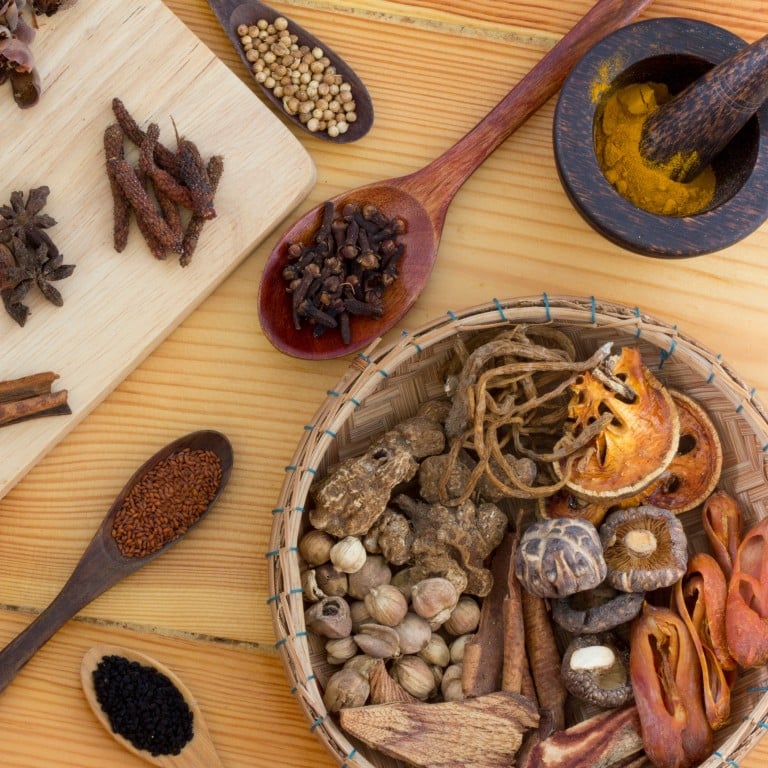
Skincare using traditional Chinese medicine goes bespoke to treat acne, eczema and other common skin conditions
- Commercial skincare brands incorporate some herbs used in Chinese traditional medicine, but a Hong Kong doctor prescribes tailor-made all-TCM creams
- David Lee, who is qualified in Western and TCM medicine, explains the benefits of using both, and the modern applications of four Chinese medicinal herbs
As the clean beauty movement continues to gain momentum, more skincare brands are looking to traditional Chinese medicine (TCM) to source natural ingredients that are chemical-free and effective.
“Medicine is borderless, and I didn’t want to limit myself by just practising Western medicine. Although I am a family doctor, I noticed more people coming to me for skincare problems, and it made sense to combine the best of both worlds in a more integrative way. Nowadays the trend is towards products that are more organic, so TCM is a good complement. It has been used for centuries to treat a variety of skincare conditions,” he says.
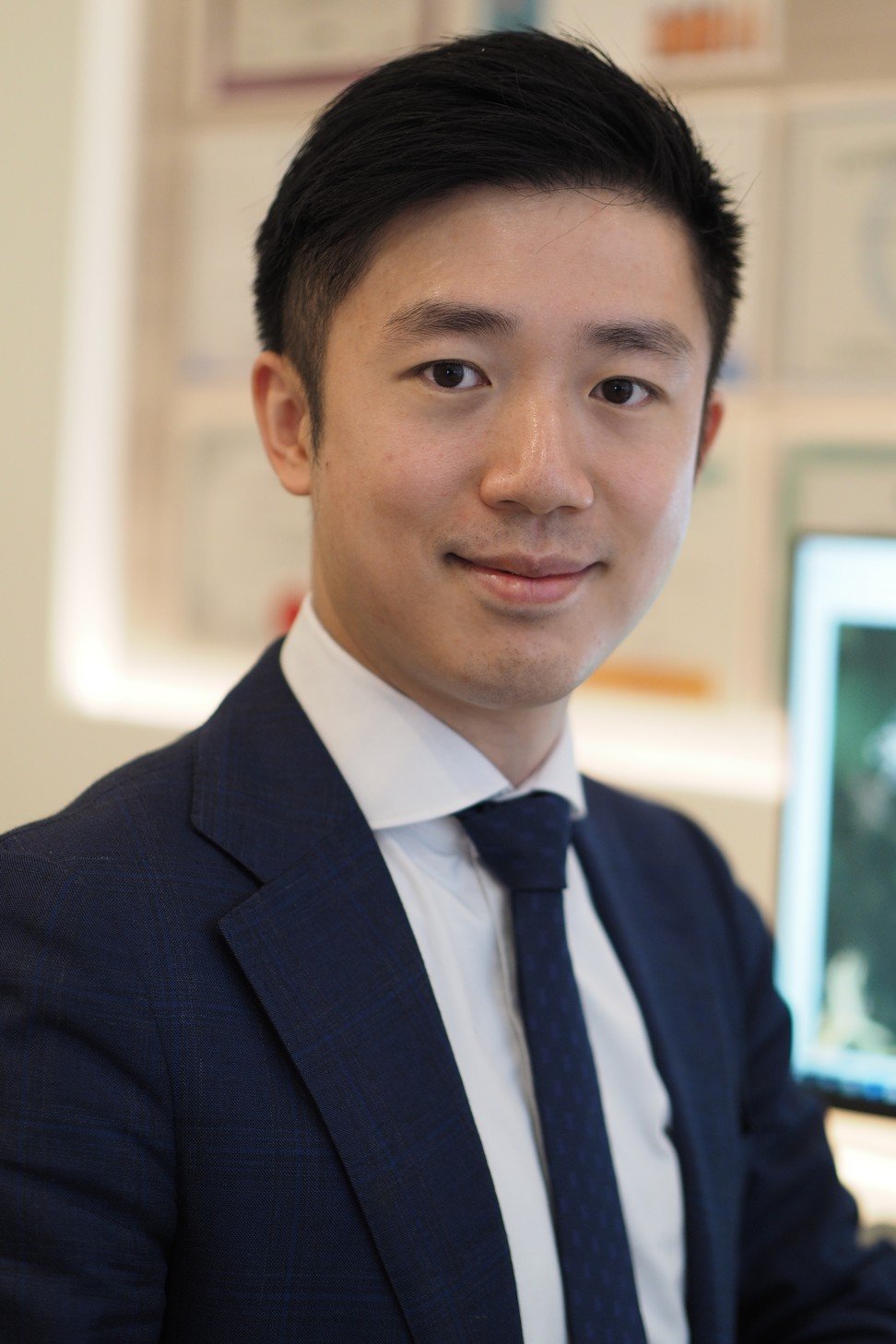
Although Lee studied Western medicine at the Chinese University of Hong Kong, it was during his TCM studies in Guangdong province, southern China, that he noticed herbs being used on the skin in addition to being taken internally. Now he offers scientifically backed procedures and medications such as Botox and IPL (intense pulse laser) therapy, along with complementary TCM treatments.
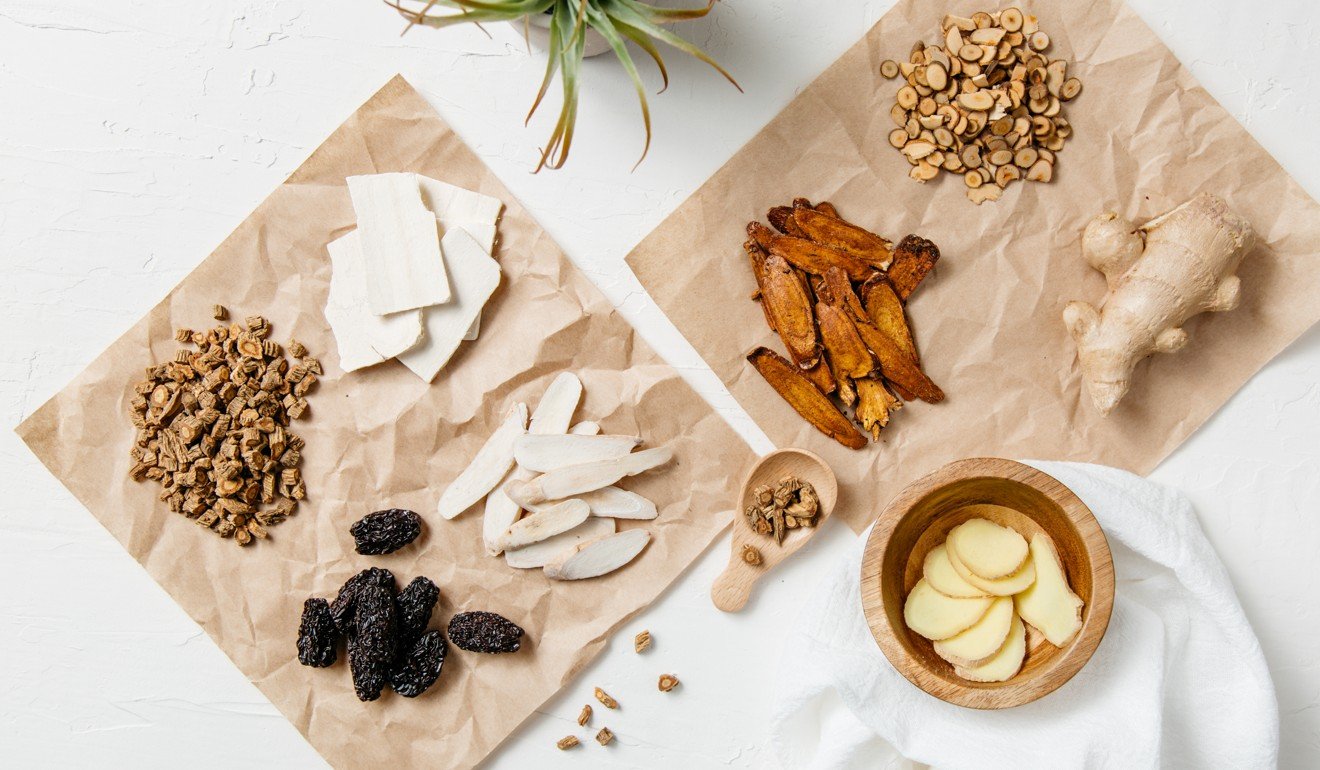
Although the Chinese Medical Council of Hong Kong oversees quality control when it comes to TCM ingredients, Lee is stringent about his suppliers and their sources. Preservatives are kept to a minimum and most formulas come as a serum, gel or cream to keep them fresh. Prices are similar to over-the-counter skincare brands and can range from a few hundred Hong Kong dollars to HK$1,000 (US$130), although he can customise formulas to suit specific budgets.
“I can’t say TCM is superior to Western medicine when it comes to skincare problems, as there have not been any clinical studies that support this. For example, IPL and some other laser machines have been scientifically proven to work on rosacea; TCM hasn’t.
“At the same time this condition is very broad so we don’t need to confine ourselves to one scientifically proven method. It also has many causes and many triggering factors that we can’t control.
“TCM is great because it can target the whole body. From my own experience, I have seen good results using topical TCM formulas with sufferers of acne, rosacea and eczema,” he says.
Lee’s top TCM ingredients for the skin
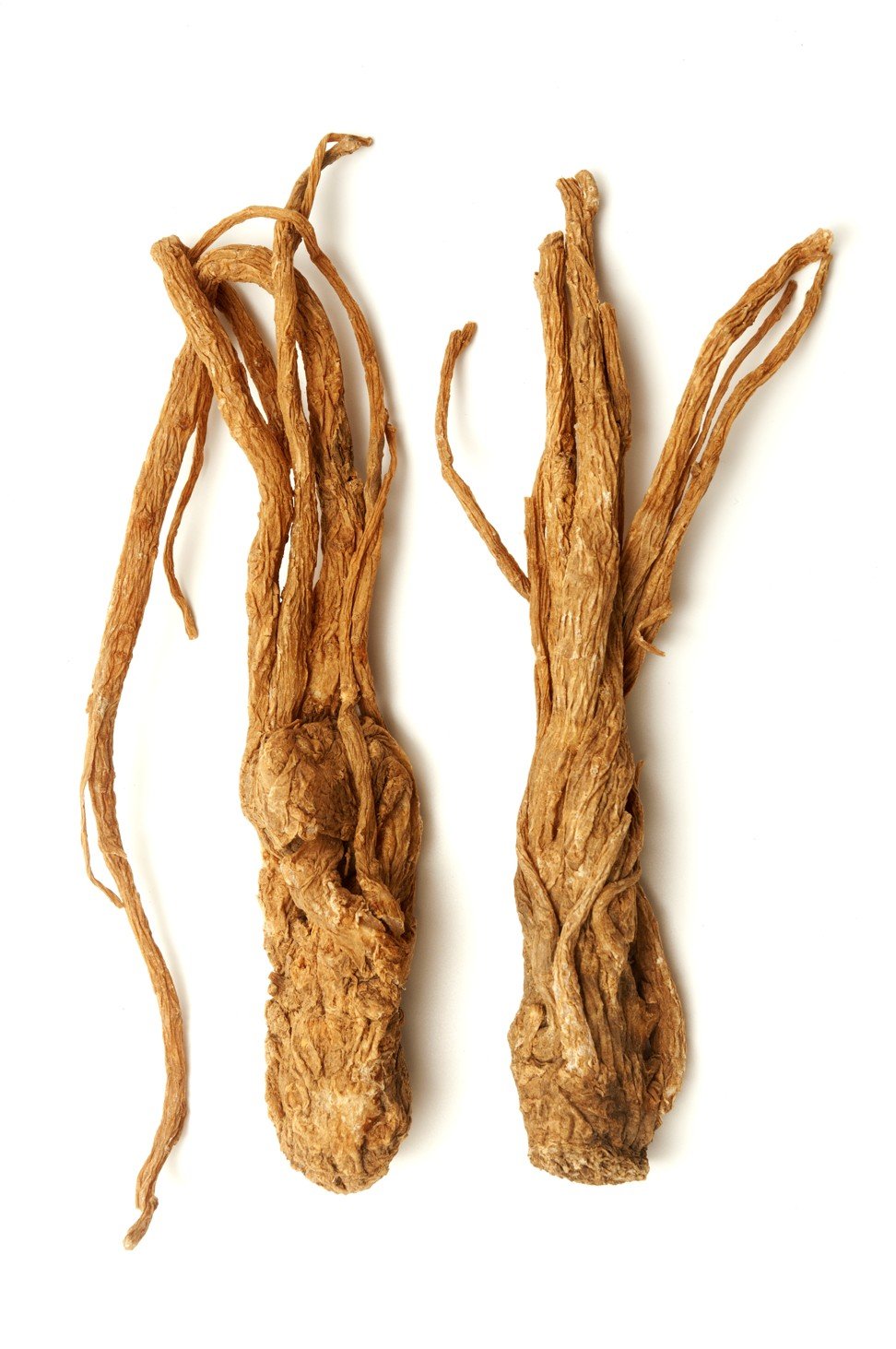
Angelicae Sinensis radix
“Dryness in TCM terms is rooted in blood stagnation. This will help improve blood circulation, giving more nutrition to the skin.”
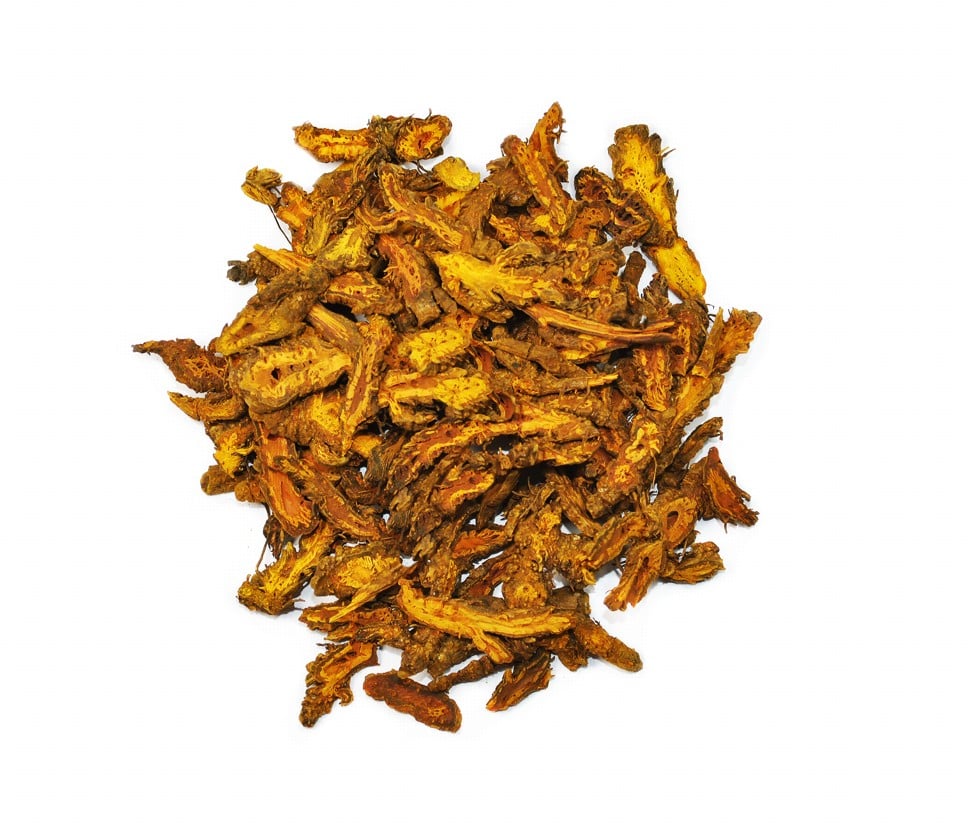
Coptidis rhizoma
“This herb is commonly used to reduce the heat. New scientific studies show it has anti-inflammatory properties, which is why it has been used on cold sores and wounds.”
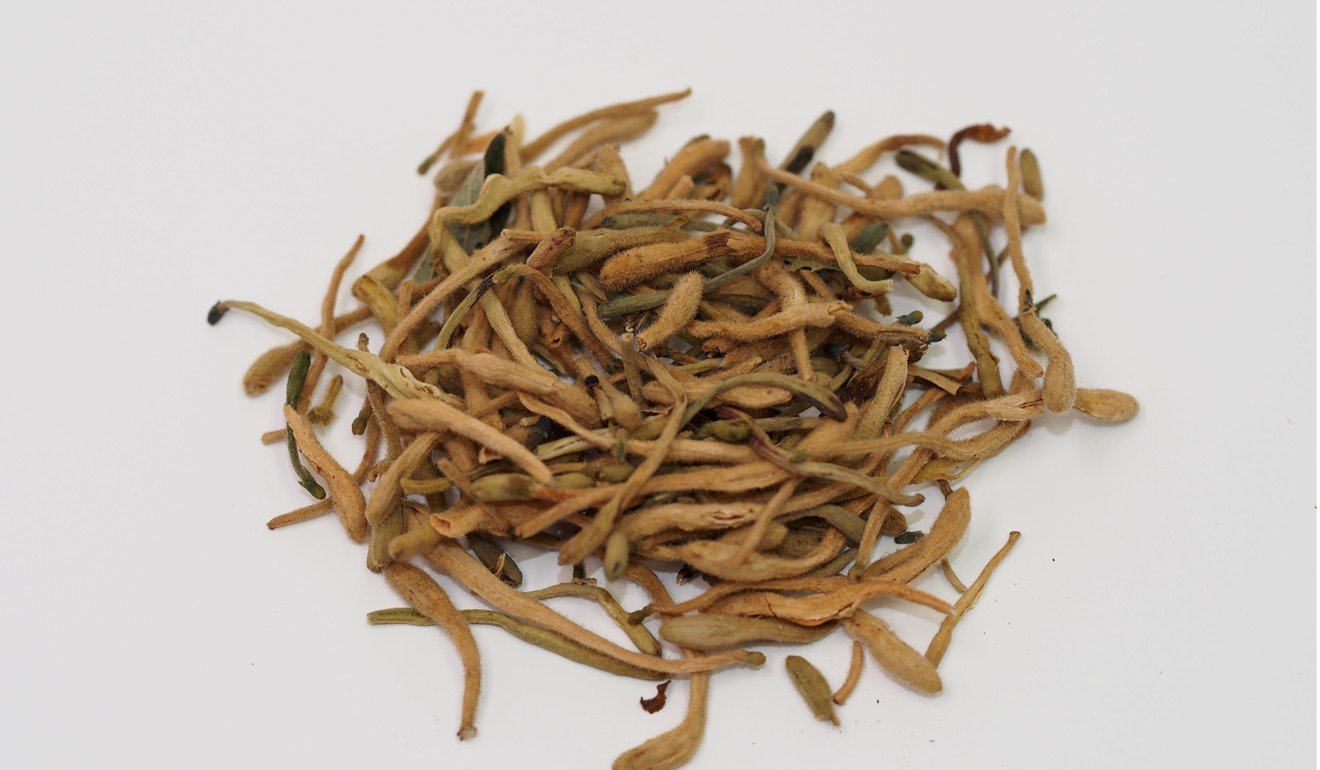
Lonicerae Japonica flos
“This herb is ideal for rosacea and other inflammatory skin disorders as it can reduce topical heat, according to TCM theory. Modern pharmacology also proves anti-inflammatory, anti-allergic and antiviral properties.”
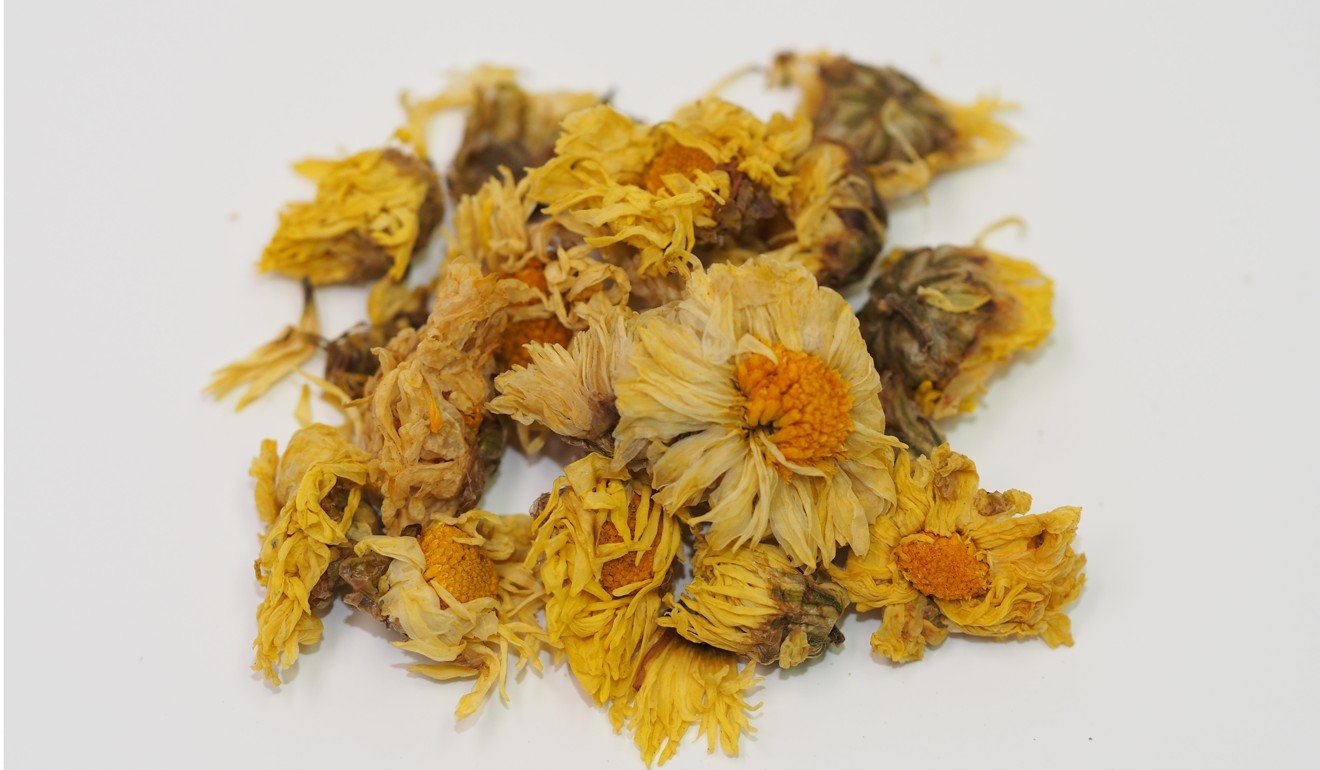
Dendranthema indicum
“The use of the wild chrysanthemum has many applications in TCM, including the removal of toxins from the body. TCM believes that chi stagnation in the liver meridian can produce heat, thereby causing skin issues such as pigmentation.”

